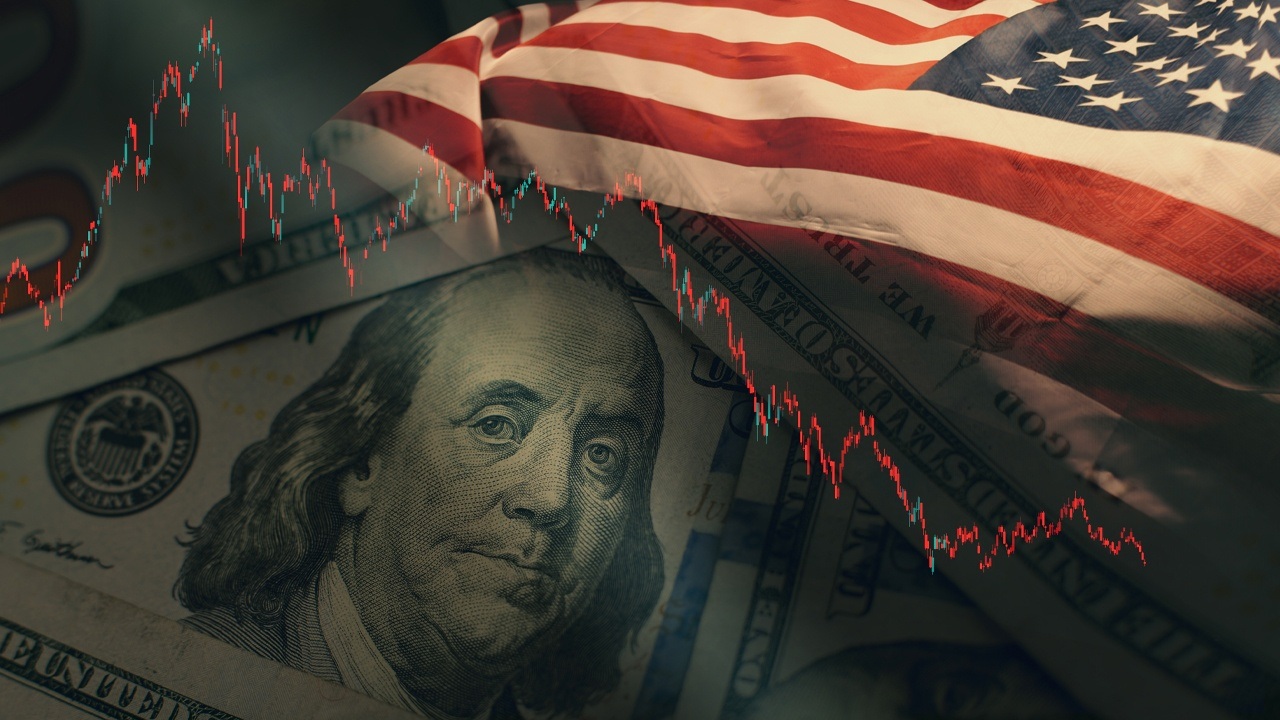JPMorgan Chase issued a dire warning about the direction of the U.S. economy, predicting a recession this year due to the impact of sweeping tariffs announced by President Donald Trump earlier this week.
JPMorgan's chief U.S. economist Michael Feroli said in a note to clients that the bank now expects the U.S. economy to shrink and revised its full-year GDP forecast to a 0.3% contraction from 1.3% growth.
“We now expect real GDP to contract under the weight of tariffs,” Feroli said. “The projected contraction in economic activity is expected to suppress hiring and raise the unemployment rate to 5.3% over time.”
Markets reacted strongly to Trump’s announcement of sweeping tariffs targeting U.S. trading partners on Wednesday, with the S&P 500 plunging to an 11-month low, wiping out $5.4 trillion in market value in two trading sessions.
JPMorgan’s downgrade echoes the views of other major banks. Barclays said on Thursday it expects a recession in 2025, while Citi economists on Friday cut their 2025 growth forecast to just 0.1%.
Feroli also said the Fed will start cutting interest rates in June and continue through January. Even as inflation is forecast to rise, he expects the benchmark interest rate to fall to a range of 2.75% to 3% from the current 4.25% to 4.5%.
JPMorgan projects core inflation will rise to 4.4% by year-end from the current 2.8%. Feroli described that outlook as “stagflationary,” a rare combination of slowing growth and rising prices that could pose a policy dilemma for the Fed.
“If true, our stagflationary forecast would pose a dilemma for Fed policymakers,” Feroli said. “We believe significant labor market weakness will eventually play out, particularly if it results in weaker wage growth.”
Despite the mounting pressures, Fed Chairman Jerome Powell said on Wednesday that the central bank was in no rush to change its policy stance. “It doesn’t feel like there’s any need to rush,” Powell said after the release of March employment data that showed strong job growth and a slight increase in the unemployment rate to 4.2%.
*This is not investment advice.










